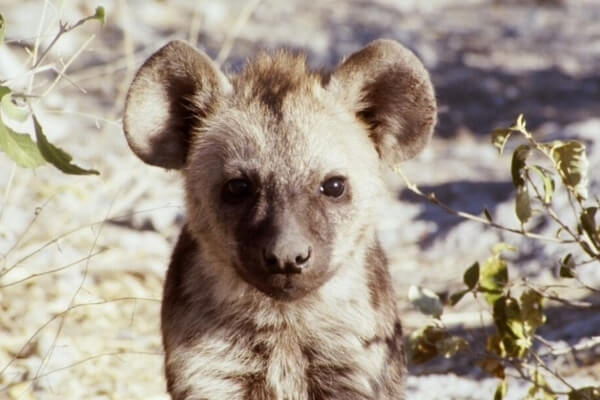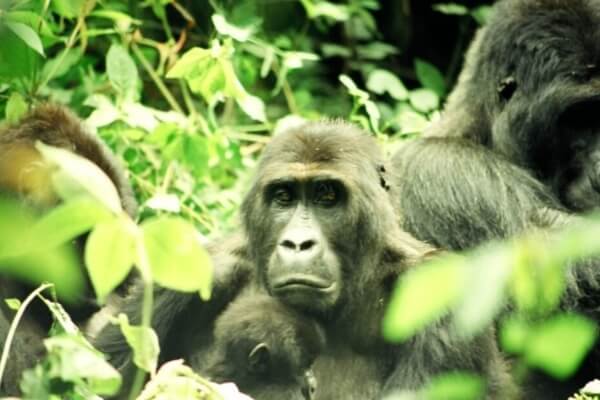Most biologists and environmentalists, Satyajit Das thinks, have it wrong – they premise their analysis on the fact that man stands largely outside nature.
“They want to save the natural world. But it does not need to be saved. It needs to be left alone!” shares Das, as he speaks to Indian Link about his new book, Wild Quests: Journeys into Ecotourism and the Future for Animals.
Published by Monash University, the book is a unique examination of ecotourism, a celebration of animals and an impassioned call for the need to protect our natural world. Its author Das, a Kolkata-born, Sydney-based former banker and corporate treasurer, has combined travelogue, history and science to provide insights into animals, humans and the future of the planet.
Satyajit Das will be talking about his new book, among other things, at the upcoming Brisbane Writers‘ Festival, exploring nature and its preservation.
The central issue that the book discusses is humanity’s failure as guardians of the environment.

“Humans do not think they are part of nature but its overlord,” Das explains.
“Unfortunately, this is not actually true. We are an advanced ape – a Neanderthal with smart phones! Whether we like it or not, we must exist within boundaries set by the planet and laws of physics, chemistry, and biology.”
Ecotourism: Boon or bane?
Ecotourism could play an important role in raising awareness about environmental issues and fostering conservation initiatives. But Satyajit Das’ Wild Quests thinks, it frequently does not!
“The reality is that it is now a very large business,” he shares. “So environmental and conservation objectives take a back seat to throughput and extracting revenue from clients, many of whom are looking for something different to distinguish themselves.”
This shift can lead to environmental concerns being sidelined by the commercial aspects of ecotourism, raising questions about sustainability and the long-term impact on natural habitats and wildlife.
In practice, combining ecology and tourism has proved awkward, Das continues.
“We frequently meet people who are visiting a place without any understanding of why they are there or what they are seeing. But that is true of most tourism today. It is a digital pantomime of selfies with the traveller’s back to the object of the visit.”

Das advises his readers to start by asking themselves why they are visiting any place. “If you are going to see wildlife, what do you want to learn? If the answer is you are doing it because your peers are doing it or you can afford it, then that is not the right reason.”
So, how do you address ethical considerations in ecotourism within the context of the book, we ask Das.
To make a point, Das recalled his recent trip to Brazil, where he drove around 1,000 km on bad roads to try to see one bird – the Blue-eyed Ground Dove.
“A local community was trying to save it. We thought it was important to support their efforts. We saw the bird but effort does not always ensure success,” he explained. “In Mexico, we were very interested in seeing a small fairly ordinary looking bird – the Nava’s Wren. The reason is it is quite unique biologically and lives in an unusual habitat.”
Das spent about 36 hours searching but could not find it due to poor conditions and inclement weather. “The point is that true interest in wild animals is not about a simple safari to tick off a few charismatic animals and say that you have done ecotourism. Our journey is not about 5-star luxury and guarantees of seeing things! It is actually hard work and it is not for everybody.”

Wild, wild world
Satyajit Das’ Wild Quests book advocates for the preservation of our natural world. But it also demands actions from readers.
“The real issues are population, economic growth, living standards and intensity of resource use,” Das says. “James Lovelock, author of the Gaia hypothesis, thought the Earth was suffering from disseminated primatemaia – a plague of people.”
Currently, demand from the world’s population, most of it from developed nations, requires 1.7 planets, he adds.
“Speaking in 2010 to Cosmos magazine, Sir Peter Scott, founder of the World Wildlife Fund, lamented that the organisation had failed in its objective of saving endangered species from extinction. All the money should have been spent on condoms to lower population growth, something that might actually have led to some good. Conservationists are reluctant to raise the population issue, fearing being branded as eugenicists.”

We might think we are smart, but that intelligence combined with arrogance is currently on track to produce the extinction of homo sapiens, which is how evolution rids the Earth of failed adaptations, Satyajit Das’ Wild Quests points out.
“There was a world before humans and there will be one after us,” he continues. “The planet would need millions of years to regain the biodiversity that existed before modern humans. That is not long in deep time. Humans are irrelevant, whatever we want to believe, in such time scales.”
Satyajit Das will be talking about his book at the AFTER THE FACT VIVID PANEL on 2 June, WRITERS AT STANTON on 11 June and ROARING STORIES on 27 June in conversation with Cassie McCullagh.
READ ALSO: Support a South Asian writer: Sydney and Brisbane Writers Fest






